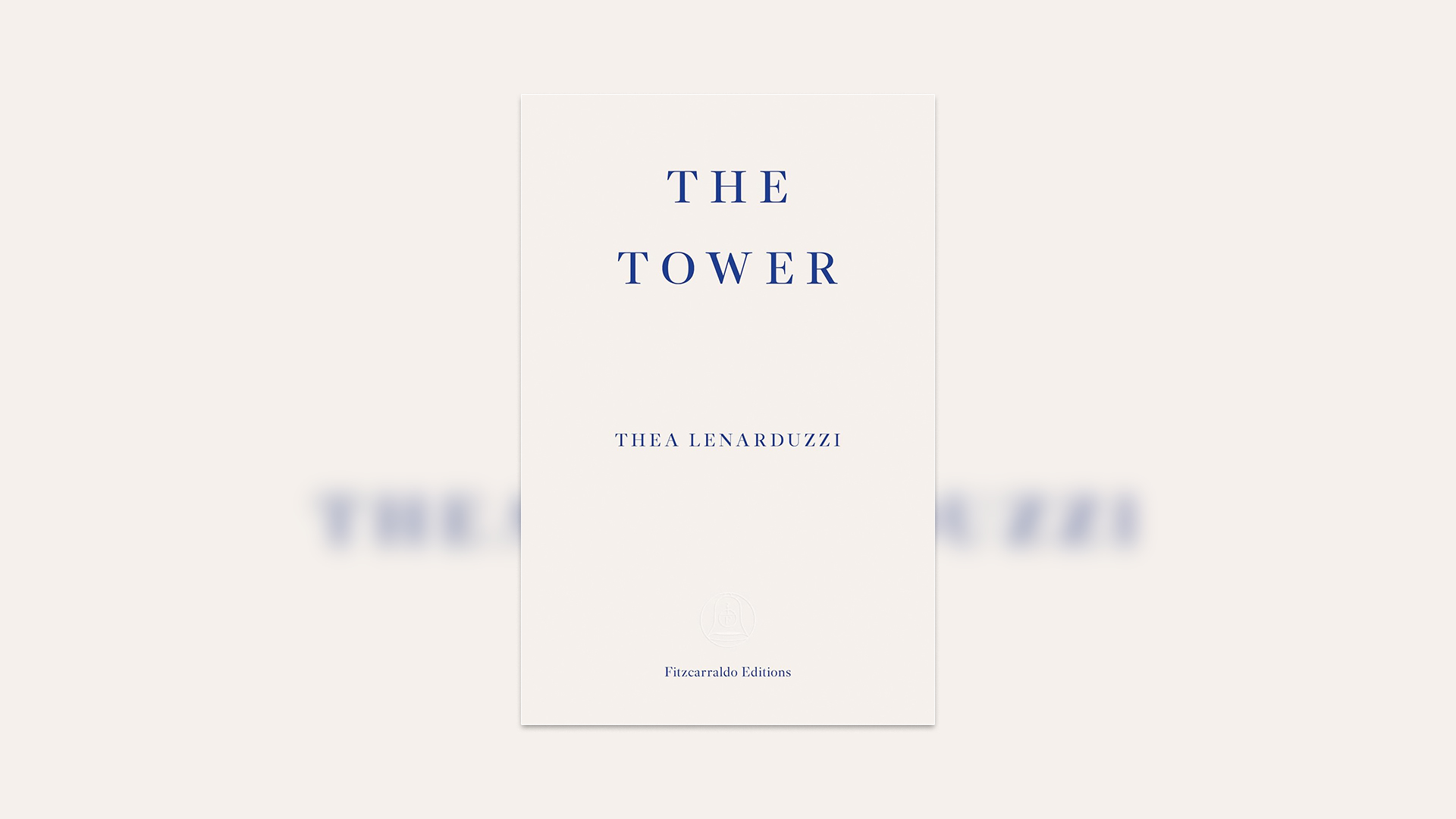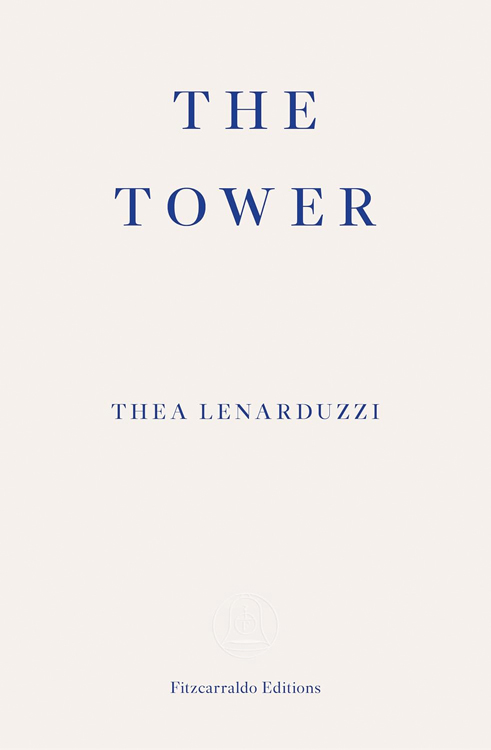Thea Lenarduzzi’s The Tower is a strange, engrossing literary hall of mirrors – centring around the horrific, time-old tale of a girl locked up in a tower. Melding myth with memoir, biography with bare-faced fictions, Lenarduzzi’s book nestles stories within stories.
Her narrator, T, is obsessed with unravelling a rumour. Allegedly, in the early 1900s, a young woman named Annie caught tuberculosis and was later confined by her wealthy father inside a tower. Reports insist that Annie died during her confinement, but T cannot rest until she finds answers.
So begin her years of inquiry, scouring the internet for leads to piecemeal Annie’s life together. Exquisite visions of Annie pierce her dreaming – a girl corseted by her father and stigmatised for her illness. When T’s little daughter is asleep, T studies experiences of convalescence, and clickholes through various avenues, quoting Mansfield, Sontag and many others.
When T eventually travels to the tower itself, her self-conscious encounters with local people and historians offer uncomfortable revelations. She must take her own path to discover what Annie’s story signifies. If the initial voicing of Lenarduzzi’s narrative project can feel dissociative, her work breathes deeply in its final section, bringing into sharp relief her reasons for this authorial choice.
Lenarduzzi courageously observes the impact of illness and trauma – how they write and unwrite the body. After all, the stories that consume us sometimes reflect our personal histories. But our own painful truths cannot always be pinned down in cold black letters.
Lenarduzzi plays with authorial resistance, acknowledging the complications of cannibalising other narratives – and the need to honour our suffering – in all its fractured parts.







